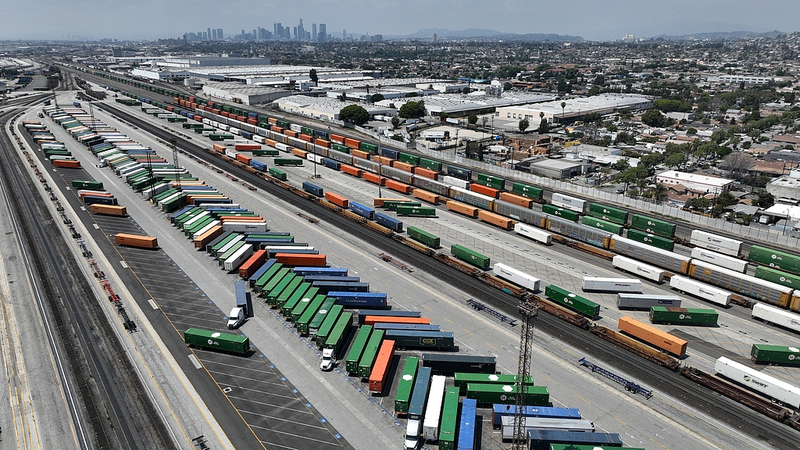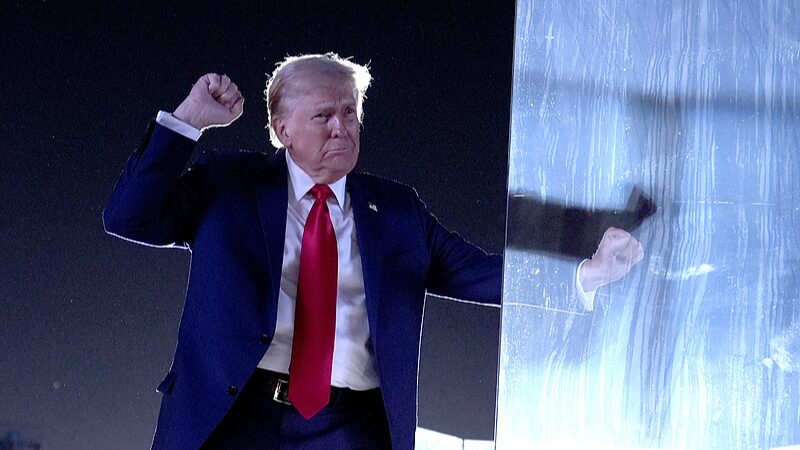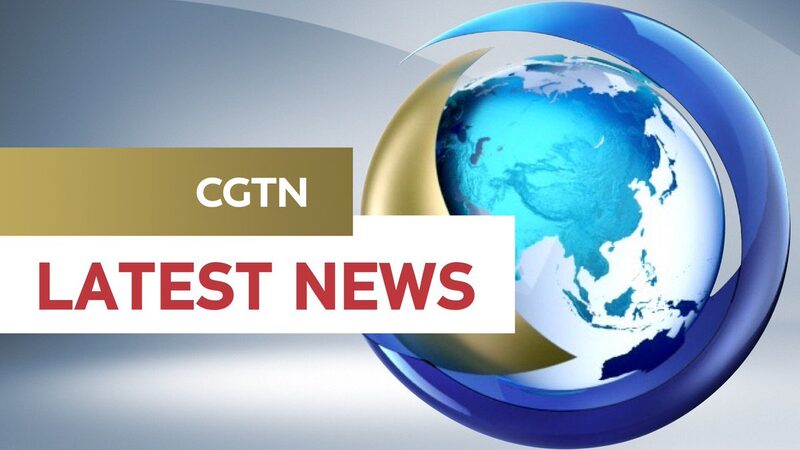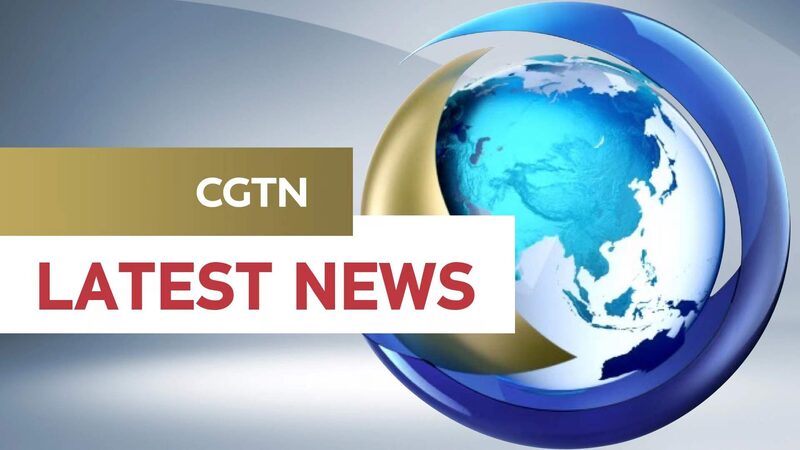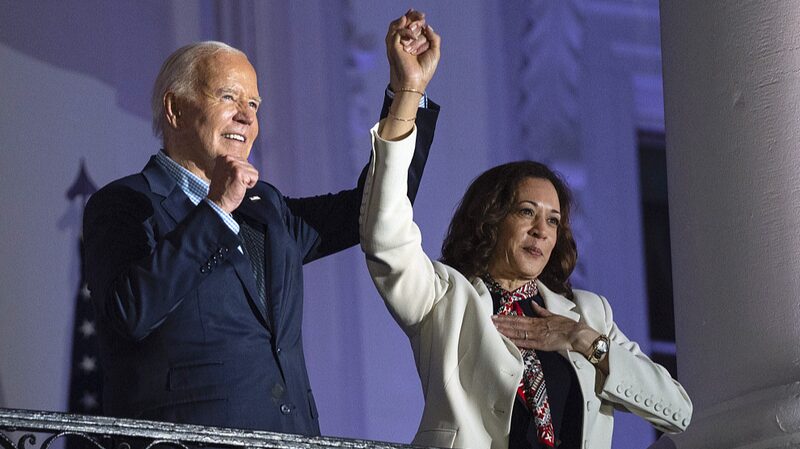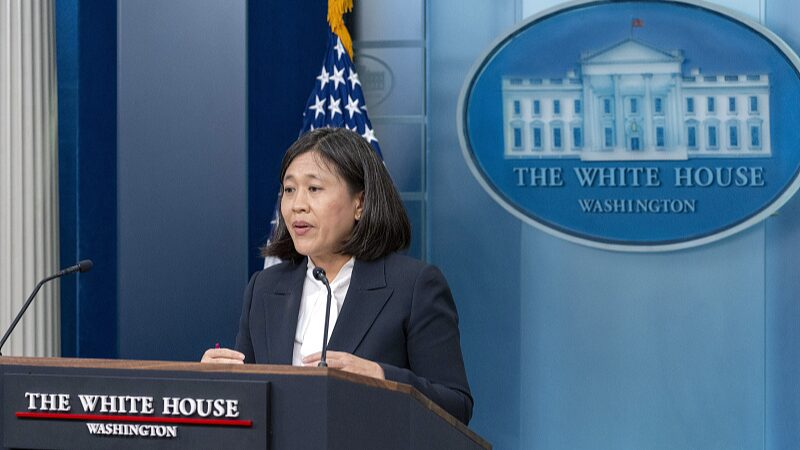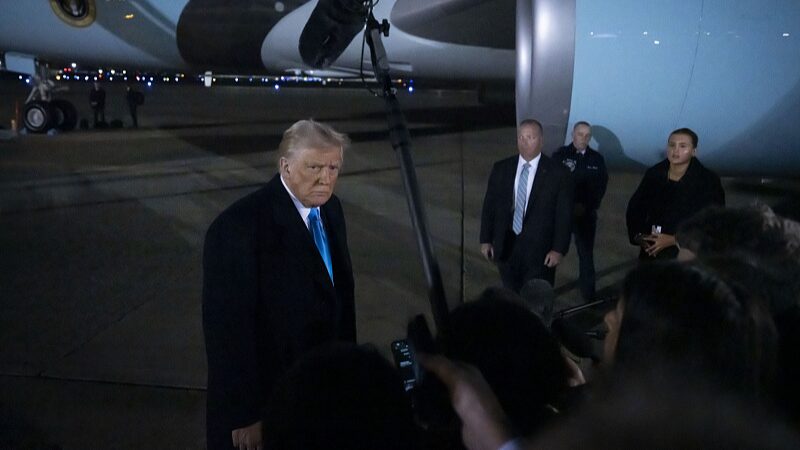Former US Vice President Kamala Harris, ex-Treasury Secretary Janet Yellen, and a coalition of state leaders and businesses are rallying against President Donald Trump’s sweeping tariff policies, warning of economic destabilization and recession risks. The dispute highlights growing domestic and international concerns over US trade strategy and its ripple effects on global markets.
Harris Sounds Alarm on Trade Policy
In her first major post-election speech, Harris criticized Trump’s tariffs as “reckless,” arguing they’ve inflated consumer prices and stifled business growth. “The tariffs, as I predicted, are clearly inviting a recession,” she stated, emphasizing impacts on everyday essentials and workforce stability. Harris framed the policy as a broader gamble, accusing the administration of leveraging fear to justify economic disruption.
Yellen Warns of Sector-Specific Fallout
Janet Yellen echoed concerns in a Financial Times interview, highlighting vulnerabilities in the US clean energy sector due to reliance on critical minerals from the Chinese mainland. “Tariffs could hobble industries that could have a chance,” she said, noting that 40% of US imports serve as production inputs. While stopping short of forecasting a recession, Yellen cautioned that risks have “gone way up.”
States, Businesses Push Legal Challenges
Twelve US states, led by California, filed lawsuits challenging Trump’s tariff authority, citing economic “chaos.” Arizona Attorney General Kris Mayes labeled the policy “insane and illegal,” reflecting bipartisan unease. Meanwhile, the US Chamber of Commerce urged immediate tariff exclusions for small businesses, warning of “irreparable harm” without swift action.
Global Supply Chains Feel the Strain
Retail and manufacturing sectors worldwide face rising costs, with Amazon briefly considering displaying tariff-inflated prices before scrapping the plan amid White House pressure. Analysts warn the tariffs risk triggering a cycle of reduced profits, suppressed demand, and job losses—factors that could stall global economic recovery.
Reference(s):
cgtn.com
